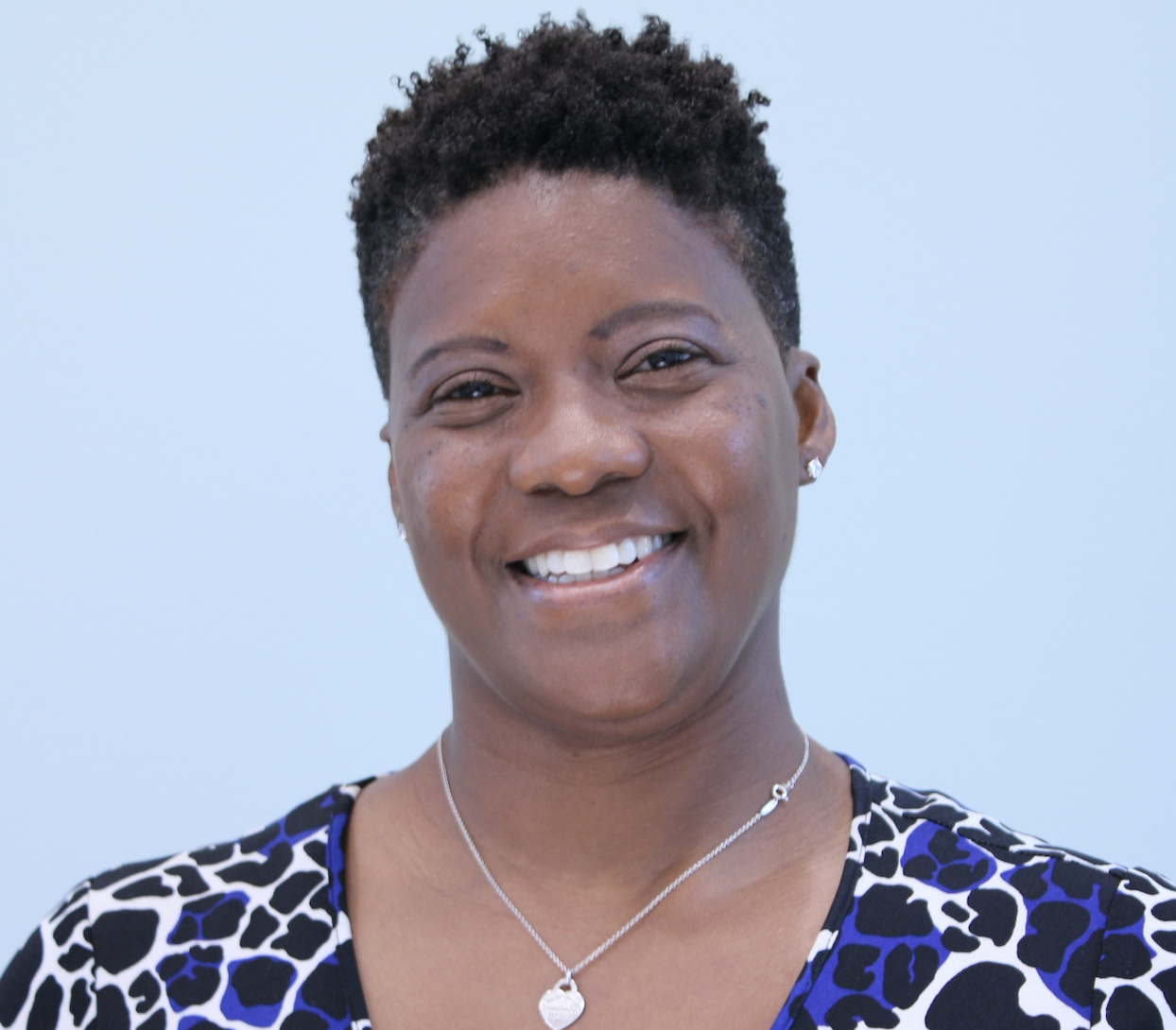 Latamia White-Green grew up in a small town in Florida where few African Americans served in the healthcare field. Her great-grandmother, a nurse midwife, was considered a trailblazer in her day. She inspired Dr. Green to pursue a career as an obstetrician-gynecologist.
Latamia White-Green grew up in a small town in Florida where few African Americans served in the healthcare field. Her great-grandmother, a nurse midwife, was considered a trailblazer in her day. She inspired Dr. Green to pursue a career as an obstetrician-gynecologist.
But three years into medical school, Dr. Green’s son was diagnosed with autism and she became obsessed with helping him. In her third year of medical school, she completed a psychiatric rotation where she worked with military veterans who faced psychiatric issues.
Her strong connection to her patients and her work with her son changed the trajectory of her life. She chose to change from OB/GYN to psychiatry and focus on pediatrics. This surprised her family, who were convinced she would become an OB/GYN.
“At first they didn’t understand me wanting to become a psychiatrist,” Dr. Green said. “But I couldn’t see myself doing anything else.”
For the next two decades, Dr. Green worked in academic and hospital settings as a board-certified psychiatrist. She recently took a job as the Director of Behavioral Health Services for Tampa Family Health Centers, one of the largest federally qualified health centers in the state of Florida. The not-for-profit organization is dedicated to providing high-quality, accessible health care to the uninsured, underinsured, and Medicaid HMO population.
Dr. Green is among a relatively rare breed of doctors.
According to the Journal of Pediatrics, there are only 8,300 child psychiatrists in the United States. That’s a rate of about 8 or 9 per 100,000 children. Comparatively, there are an estimated 30,000 pediatricians.
And of the small number of child psychiatrists, less than 5% are African American. Dr. Green, much like her great-grandmother, is also blazing a trail.
She not only advocates for stronger mental health support, but she fights for mental health equality for all.
She has exciting plans at Tampa Family, which includes having behavioral health professionals in the majority of their primary care clinics and emphasizing overall wellness to patients and employees.
She is also addressing trends that have popped up as a result of social media and covid. And of particular note are Black youths. The Centers for Disease Control and Prevention shows suicide rates among Black youth in the United States are growing at an alarming rate. From 2018 to 2021, the racial group that saw the largest increase in suicides among people 10-24 years old was Black individuals, with an increase of 37%. From 2000 to 2020, Black youth ages 10-19 also experienced the largest increase in suicide rates, a shocking 78%.
“It’s a huge concern,” she said. “and often because of lack of resources and the stigmatization about mental health, they may not receive mental health services.”
Additionally, the LGBTQ community is seeing the rates of anxiety and depression skyrocket.
And as we enter more than a decade of social media, we are seeing its effects upon a generation now in their 20s and 30s, Dr. Green said. Social media has affected their levels of anxiety and depression and created eating disorders.
As for the families that she sees, which include many from the black and brown communities, she takes a holistic approach and advocates for them and their unique needs. And she tells them she is not there to “just write a prescription.” While medication may sometimes be necessary, achieving good mental health is a process. Dr Green also discusses other aspects of life such as nutrition, sleep, spirituality, and exercise. It is small steps. And she is with them every step of the way.
“I don’t want the family to feel overwhelmed. It’s not going to be solved in a day,” she said. “We are going to work on a small step each time I see you.”
She loves that there are awareness months. But what she would like to see is a heightened emphasis on minority mental health throughout the year.
“I have the opportunity to not only work in the community but improve the community on a large scale,” Dr. Green said. “A lot of times people think community healthcare is subpar. Everyone deserves good mental health no matter your money or immigration status. Whatever area you are from, you deserve to have good mental healthcare. I definitely feel I am making a difference every day when I come to work.”








